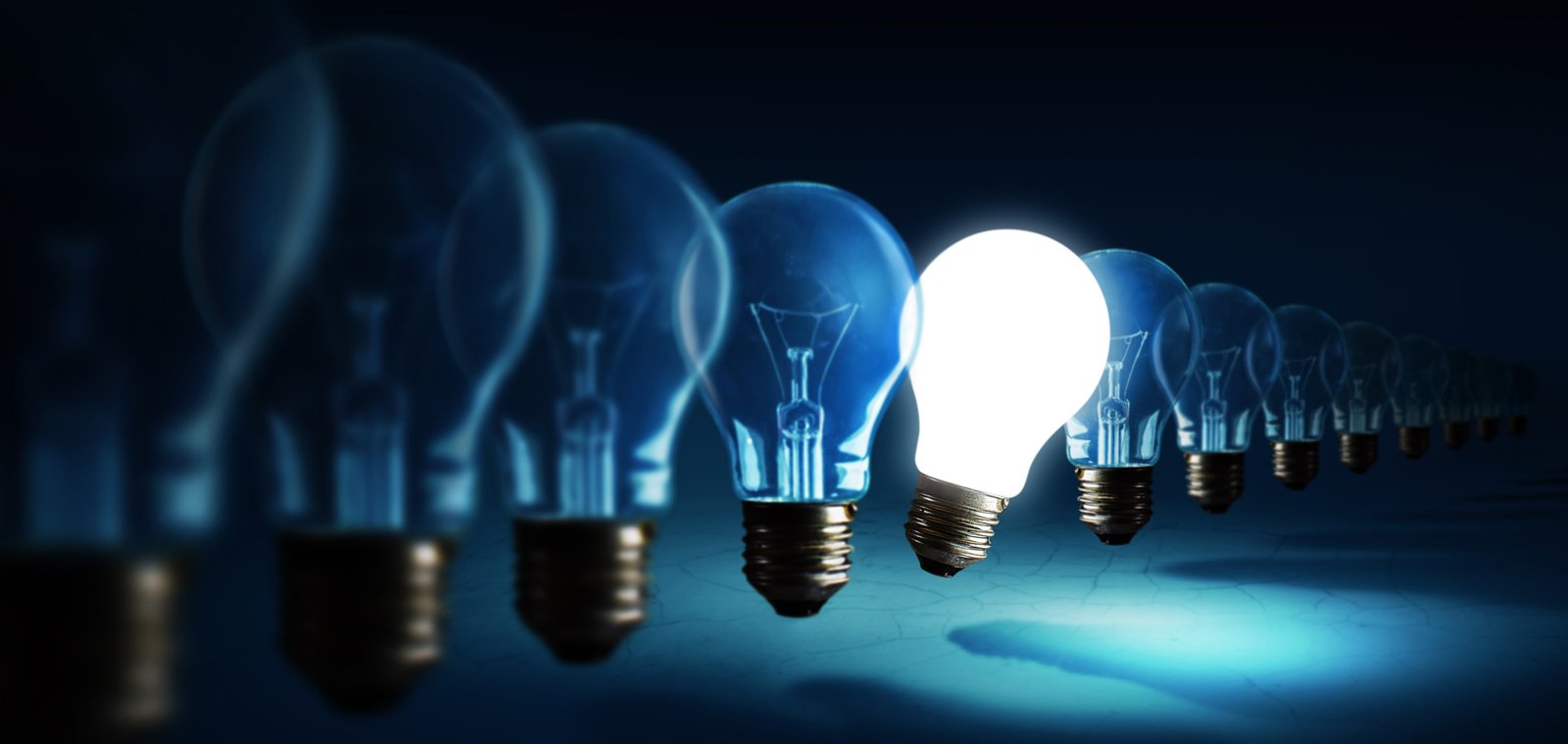NASSAU, BAHAMAS — A Bahamian alternative energy solutions firm is proposing a technology solution that it says could reduce power generation costs by more than 50 percent.
Attorney Craig Butler and his Alternative Energy Solutions firm says they can provide 150 megawatts of alternative energy supply to The Bahamas through patented technology developed by UK-based Jen Energy. Jen Energy has been seeking out governments interested in participating in the early-stage rollout of its ZE1100 Power Box — which comes as a self-contained, one-megawatt unit in a 40-foot container.
According to the company, the technology is designed around an E-Drive prime mover, whose initial activation energy comes from an advanced compound reaction process.
“After the activation period, the E-drive remains energized for 8,800 hours, enabling the ZE1100 to provide consistent electricity nonstop at intervals of 365 days a year without refueling.”
According to Jen Energy, the ZE1100 Power Box is not a battery but rather a sustainable power solution involving a “continuous power generation process”, based off a number of synchronized components, including proprietary technology formulas, housed within an Intercalation Lithium-Ion vault.
It noted that the raw materials within the vault are a combination of multiple rare-earth compounds, including lithium and lubricant graphite. The ZE1100 Power Box’s computer systems are said to be custom built and are housed within a tamper-proof, temperature-controlled vault that has been used for military operations and extreme remote locations around the world.
Butler, in a March 10 letter to the Office of the Prime Minister, noted that via the technology, the company could provide electricity at a fixed price of USD$0.14 per KwH, which includes all maintenance costs.
He further noted that Jen Energy is willing to bring a demonstration unit to The Bahamas for a period of two weeks for the government and its technical experts to observe in operation.
The company’s business proposal states there would be free training for Bahamians to undertake future work on the technology and, depending on the end-user, the connection may be to the grid and or only to the location requiring the power.






